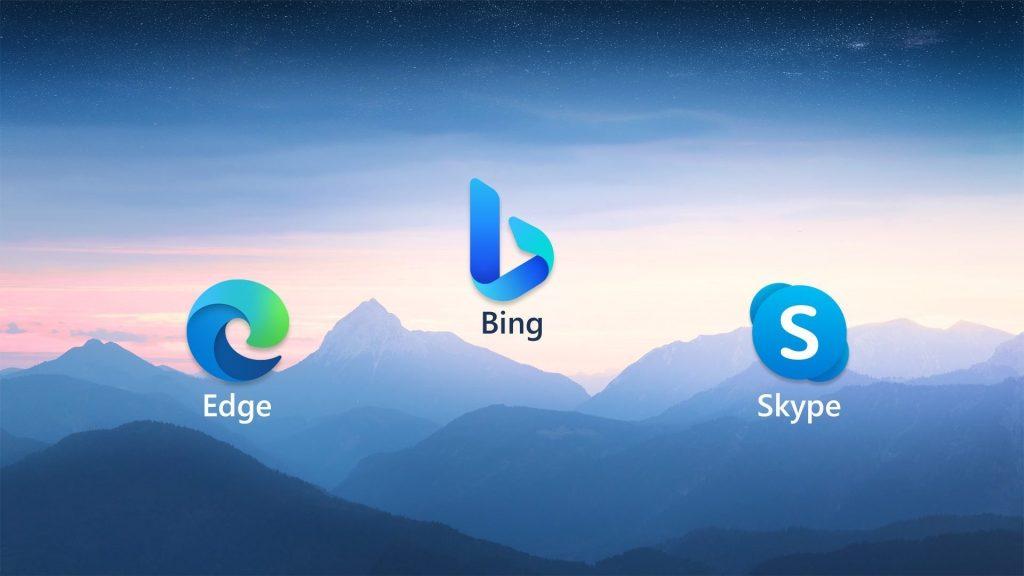In a move that highlights the complexities of navigating the global digital landscape, Apple announced on Friday its decision to remove Meta Platforms’ WhatsApp and Threads from its App Store in China. This action follows a directive from the Chinese government, citing national security concerns.
The decision underscores the challenges faced by tech giants operating in China, where strict government regulations often clash with principles of free expression and global accessibility. While Apple’s compliance with the directive may appear as a concession to Chinese authorities, it reflects the company’s commitment to adhering to local laws and regulations in the countries where it operates.
According to reports from Reuters, Apple confirmed the removal of WhatsApp and Threads from its China App Store in response to an order from the Cyberspace Administration of China (CAC). The directive, issued on the basis of national security concerns, compelled Apple to take action, despite the absence of specific details regarding the nature of these concerns.
Meta Platforms, the parent company of WhatsApp and Threads, refrained from commenting on the matter and directed inquiries to Apple. The move comes amidst ongoing scrutiny of Meta’s operations in various regions, particularly regarding data privacy and content moderation.
While WhatsApp and Threads have been removed from the China App Store, other Meta apps such as Facebook, Instagram, and Messenger remain available for download. Additionally, popular apps developed by Western companies, including YouTube, continue to be accessible to Chinese consumers.
The decision to remove WhatsApp and Threads raises questions about the broader implications for tech companies operating in China. Some experts speculate that the government’s action may be linked to a new regulation implemented in August, requiring all apps available in China to register with the government or face removal. The deadline for compliance with this regulation was March, with enforcement beginning on April 1.
Apple’s compliance with Chinese regulations is not unprecedented. In the past, the company has removed apps from its China App Store to adhere to local laws and regulations. In 2017, Apple removed The New York Times app citing violations of local regulations, amid increasing news censorship in China. Similarly, last year, Apple pulled several apps similar to ChatGPT amidst Beijing’s efforts to regulate generative artificial intelligence services.
The removal of WhatsApp and Threads from the China App Store underscores the challenges faced by tech companies operating in a global marketplace with divergent regulatory frameworks. While companies like Apple strive to maintain consistency and accessibility across their platforms, they must navigate complex geopolitical landscapes and adhere to local regulations.
The implications of Apple’s decision extend beyond the immediate removal of WhatsApp and Threads from the China App Store. It raises broader questions about the balance between corporate responsibility, national security, and freedom of expression in an increasingly interconnected world.
For Chinese consumers, the removal of WhatsApp and Threads presents challenges but also opportunities. Tech-savvy users can still access these apps through Apple’s App Stores in other countries, provided they have an iCloud account registered outside of China. However, this workaround may not be feasible for all users, highlighting the limitations imposed by government regulations on digital access and freedom of expression.
The move also underscores the broader trend of digital censorship and surveillance in China, where the government maintains tight control over online content and communication platforms. While companies like Apple may be compelled to comply with government directives, the implications for users’ privacy and freedom of expression cannot be overlooked.
As technology continues to evolve and shape the way we communicate and interact, the intersection of global commerce and geopolitics will remain a complex and dynamic landscape. The removal of WhatsApp and Threads from the China App Store serves as a reminder of the challenges inherent in navigating this terrain, and the need for tech companies to balance competing interests while upholding their core values and principles.
In conclusion, Apple’s decision to remove WhatsApp and Threads from its China App Store underscores the complex interplay between corporate responsibility, government regulation, and user accessibility in the global digital landscape. While the move may appease Chinese authorities, it raises broader questions about the implications for privacy, freedom of expression, and the future of digital commerce in an increasingly interconnected world.














